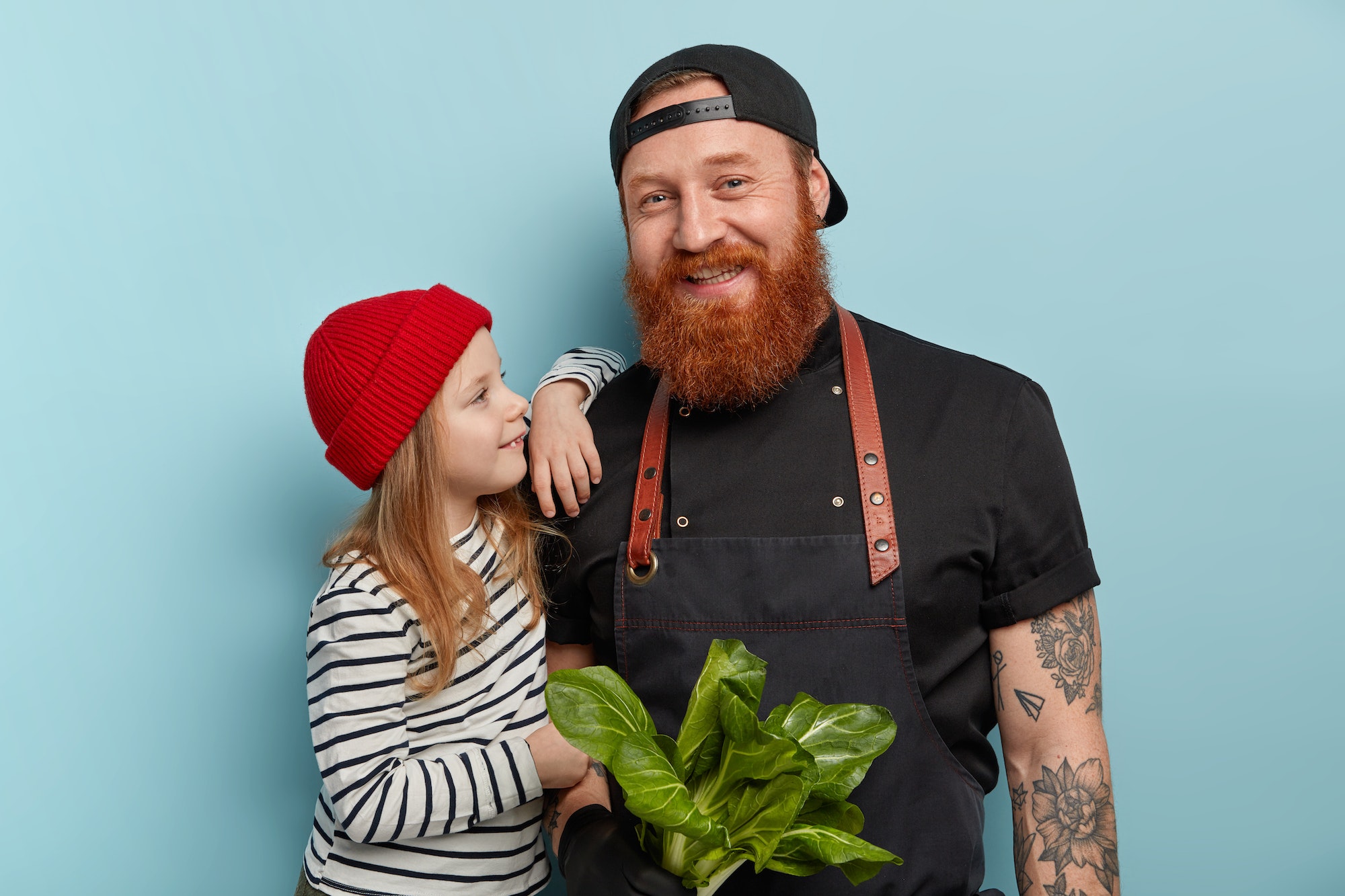Things have changed dramatically and perhaps permanently for everyone since COVID entered the global lexicon earlier this year. This summer, parents have been struggling with finding things for their homebound children to do given that virtually everything, from pools, camps, and even many public places, have closed or curtailed their hours.
For families in which the parents are going through a separation or divorce, the pandemic is adding yet another level of frustration to an already stressful situation.
This is why it’s important, now more than ever, to ensure that an effective co-parenting program is in place, says Shelley Behr, an individual, family, and couples counselor who practices in Richmond, British Columbia.
Shelley Behr, a professional in the field for more than two decades, holds an M.S.W. degree and is a member of the BC College of Social Workers and has long been an advocate for children’s well-being during and following their parents’ divorces.
“There’s a lot of conflict involved when a divorce is taking place,” she says. “And protecting children from this conflict is central to, and the most important part of, the collaborative process.” She notes that children often get caught in the middle when they’re exposed to emotional strife between parents and to adult issues they are not yet ready to understand or experience.
She says that the current COVID crisis, which is drastically altering how many separated couples interact, is bringing challenges to the surface no one saw coming, but that needs to be addressed on an ongoing basis.
There are a number of things she advises separated and divorced parents do during this time. According to her, while every individual is facing struggles, it’s most important to remember that your children are your top priority.
“You want to keep them mentally, physically, and emotionally healthy, especially now,” she says.
For one thing, parents now need to consider all the new complex factors COVID has presented to us when developing their co-parenting schedules. Right now, parents are extremely busy working from home or outside the home, helping children with their online schooling, arranging for daycare, maintaining safety protocols in both homes, and handling other duties.
In order to maintain their present parenting time schedules and adapt to new life challenges, Behr says a divorce coach can help families plan ways to meet the needs of parents and kids. The schedule may not be as centered around fairness as it was in the past when parents had 50/50 schedules. Now, it’s more about looking at what’s going to meet the children’s needs.
Shelley Behr also stresses that it’s important to maintain open lines of communication.
“A lot of confusion comes up naturally during co-parenting, and this has been especially true during the coronavirus health crisis,” she says. “For example, one parent may automatically think it’s okay to take a child to the grocery store, while the other parent reacts negatively to the idea. So the more communication the parents have, and the more assistance with that communication both parents receive, the greater the opportunity that the parents will get along with less opportunity for conflict to occur.”
But it’s not just the parents.
If you’re worried that your child may need a little bit of extra support right now, it’s possible that a child specialist may be able to help the child (or children) work through some of those anxiety and fears, as well as be a voice for them if they don’t want to tell their parents about what they’re thinking and feeling. A child specialist will work with the kids and help provide information to the parents (with the child’s consent) to help them get heard.
One thing everyone has learned during the pandemic is the importance of staying healthy, and Behr recommends that parents be in agreement about how they plan to follow current and future government directives, including social distancing. She says this is extremely important if children will be traveling between households.
“If both parents are on the same page regarding health precautions, the risk appears relatively small,” says Behr. “It would be outweighed by the emotional harm that would be suffered by a child who was suddenly cut off from one of the other parents. Also, if a parent knows he or she has been exposed to the virus, they need to tell the other parent immediately.”
The bottom line is that both parents in a co-parenting situation want what’s best for their children. The COVID pandemic, problematic as it is, is itself a perfect opportunity for both parties to work together and truly make decisions in the best interest for the children they love so dearly.




